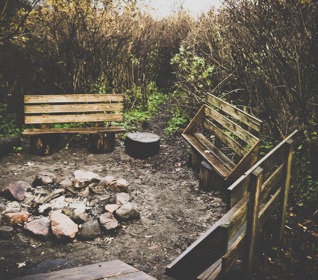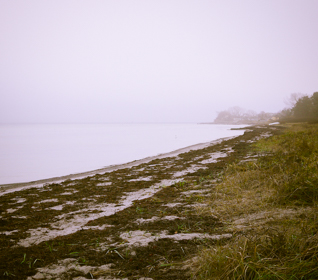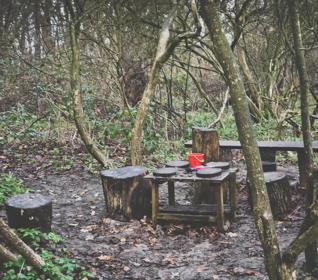
As part of the University of Guelph-Humber’s international study initiative, students are enriching their learning experience through seven global study opportunities.
In part two of this study abroad series, we learn about a Scandinavian approach to childhood development, and the importance of whittling.
***



What would it be like to learn in nature? This question, at the core of an international study initiative led by Program Head of Early Childhood and course instructor, Dr. Nikki Martyn.
“Nature education is still quite new to Canada, though tremendously popular. Its emerging curriculum has children learning from their natural environment. Children are out in nature climbing trees, working on their gross motor abilities, their sense of competence and capability. They’re examining pine cones under microscopes and seeing if they float in rivers; it’s an exciting way to learn,” she says.
UofGH students are examining the phenomenon in Denmark, where nature education is wholly embraced. And while the Scandinavian country shares many similarities (such as sub-zero temperatures), it offers as many refreshing insights into child development and the impacts of child rearing on a culture.
Dr. Martyn: “Denmark seems to have a very different perspective on children. There is a willingness there to trust children to learn in the outdoors. Trusting their common sense, trusting their abilities, which we look at differently in Canada.”
“Here, we get anxious over children using a blunt knife to cut food at the age of 2. It wouldn’t happen. But there – at the age of 5 and 6, they whittle twigs and tend to fires with no adult supervision. They whittle soapstone, they sharpen their own knives. Kindergartners sleep outdoors until -10C. Here, our Ministry states that children aren’t to be let outdoors should the temperature drop below -15C. So how do they manage these climates? How are the children safe?” she asks.
“Somehow, within this culture, it all makes sense.”
Dr. Martyn adds that our culture of technology-based learning and current research on alleviating anxiety in children puts emphasis on this new learning technique.
“It’s incredibly important for our students to learn about how nature education is successfully implemented in other similar cultures, given its increasing importance here at home.”

